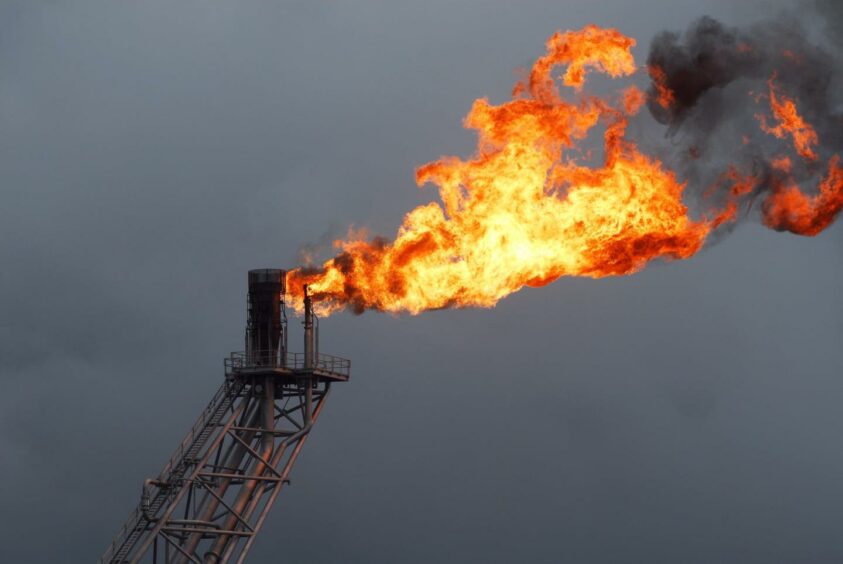
“We’re not going to change our name”, said Iman Hill, executive director of the International Association of Oil and Gas Producers (IOGP).
The trade body has had the discussion though. Important oil and gas players like TotalEnergies, formerly Total, and Equinor, formerly Statoil, have gone through their own rebrands to go along with the energy transition.
The IOGP counts both among their members among a host of others, ranging from China’s CNOOC to Saudi Aramco, with a broad spectrum of opinions and varying levels of energy transition actions.
Galvanising support for such a rebrand could be tricky, if desired. But the reasons for keeping the name as is are simpler.
Ms Hill said: “It was something that was discussed as part of the management committee discussions while we were going through (our recent) strategic review. As we always do, we had a good robust discussion around it but, actually, the important thing to take away is that unanimously, including myself, felt that our heritage is oil and gas.”
Keeping “oil and gas” in the name doesn’t mean the group won’t be advocating for the energy transition, said Ms Hill, the former head of Shell’s operations in Egypt, who took on the IOGP role at the start of the year.
“We are proud of what oil and gas has done for the world. For lifting people out of poverty, providing affordable, reliable energy and we’re also proud of things that the industry is doing which, maybe, you have to look behind the headlines to see.
“But what the industry is tangibly doing in terms of taking action around GHG emissions reduction, addressing flaring and venting, electrification of platforms, investment in CCUS, investment in renewables and biofuels, etc.”
The tirade of opposition to oil and gas is not and will not ease up as the climate crisis, quite literally, heats up.
The IOGP said it plans to be more vocal going forward on aforementioned issues such as the industry’s role in boosting emissions-busting tech and initiatives.
Many in the public, perhaps most, would argue for the end of oil and gas production. However, Ms Hill argues otherwise, pointing to the “direct role” the industry plays in supporting the UN’s 17 sustainable development goals, such as reducing poverty and improving global wellbeing.
She said: “If you think about 800million people that remain in the world without access to reliable, affordable electricity, and billions more that don’t have clean cooking, there’s still more to be done.
“We have a responsibility. It’s almost immoral to say that we must now stop when all of those people still remain cooking with charcoal. It’s a health issue, it’s a safety issue.”
Is the general public aware? No, Ms Hill concedes, and said there is a danger that anti-industry sentiment “increasingly drives policy debate and actually we could end up stopping those technologies like CCUS that are going to make step-changes in our ability to reach net zero”.
However, she is clear: the IOGP is advocating for an energy transition, not extraction of oil and gas in perpetuity.
And the recently-signed North Sea Transition Deal, a £16billion package for hydrogen, electrification and CCUS, with local content targets and key benchmarks on emissions on the road to net zero.
Ms Hill said that sets a “blueprint” for what’s possible on an international scale.
“We need to remember that not one size fits all so every country will have its own mix of drivers such as geopolitics, investment capability, energy demand, etc.
“But what the NSTD has done is demonstrated that, with a common purpose, you can agree something that allows a cleaner hydrocarbon industry, it transitions jobs fairly. So it provides a starting point for emulation, for other countries to think about how they might shape their own kind of deal. So I think it has been a very positive step.”
Recommended for you


 © Shutterstock
© Shutterstock